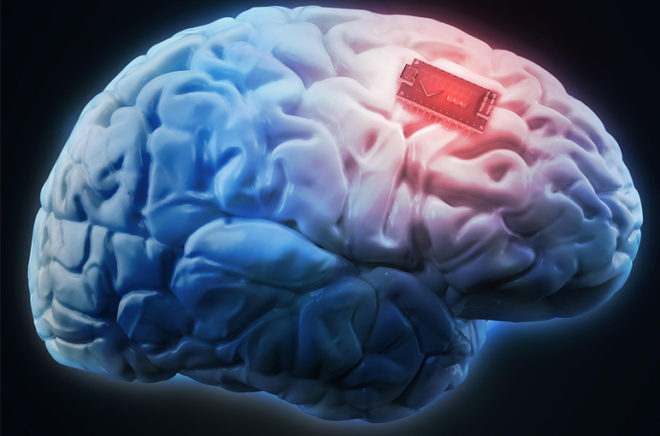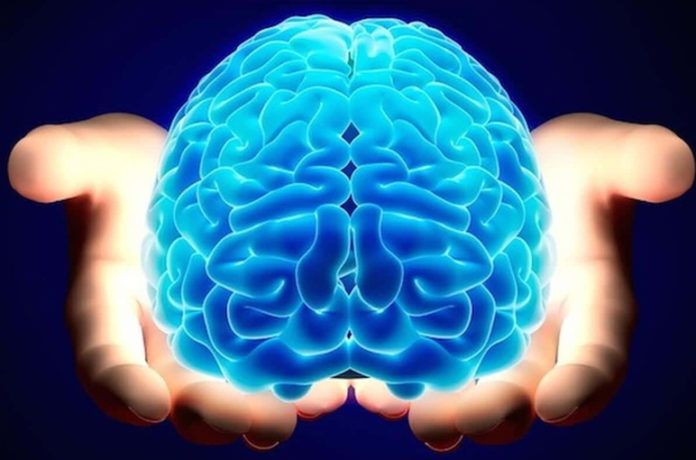We grow our neurons all our lives. It feeds on change: moving, practicing new activities, learning a language, fleeing habits, allowing just born neurons to survive. The new stimuli encourage our young neurons to integrate into brain circuits and make connections. Some older people who show intellectual curiosity all their lives give the impression of being eternal teens; indeed, the more their brain perceives changes, the more it regenerates!
The “Infobesity” Is Toxic
It is a new term born of the profusion of information that we receive constantly, that we do not always understand and in front of which we are often passive.
Neuroscientists clearly say that when the brain is informed, it is programmed to act. It is our human side that arises; we are not plants!
When a child or an adult receives information about an attack on TV, without being able to research and understand the causes and act: do research, read an article on the subject, watch a documentary, make a donation; the information received is experienced as a sound and visual pollution; therefore anxiety.
The senses awaken in the brain: caresses, massages, melodies, perfumes, light, and flavors
We are endowed with six senses, the last of which allows us to evaluate the position of our body in space. In the brain of a young child is integrated a topography of the space since it already knows how to evaluate the color, the form and the displacement of an object in the space. These perceptions improve with experience as our senses capture new information.

Emotions: It’s Natural!
The great emotions of joy, fear, sadness, anger, and disgust tell us what the child lives on a daily basis. They allow us, professionals or parents, to put words on the state of the child to make him understand the link between his condition and the word adopted and encourage him to express it himself when he has expanded his vocabulary.
In baby signers (referring to sign language in babies), the gesture helps to signify and represent the child’s emotion before the speech and to prevent frustration.
The brain of the young child is dominated by his emotions that he receives full force, without the filters that our adult brain has been able to build through experience and maturity; at the same time, brain plasticity means that the child is a real sponge that absorbs every word, gesture, humiliation, attitude and that every situation lived, if not well accompanied, will leave traces.
The sport is of a great effect to prevent and cure the jumps of humor
Sport and relaxation have a major impact on brain chemistry and reduce anxiety, aggression, and depression through the effect of serotonin, and dopamine. And yet 50% of French people do not do enough sports. 30 minutes a day is enough to feel better in his body and in his head. Walk to the next bus stop, climb the stairs, do back and leg relaxation movements during the nap at the nursery, practice gymnastics during a workshop with the largest nursery.
The Spiral Of Stress
The child’s time is slow. For example, telling him to hurry does not make sense. It is often this everyday situation that will stress a child and prevent him from doing his job well because he can not and does not know how to do it quickly; to ask him to hurry up is to put him in a situation of failure. Abuse and humiliation will also have the effect of altering brain function by weakening the hippocampus, seat of memory and learning.
Play Develops The Brain
In moments of play, the brain masts through the secretion of a brain molecule, the BDNF (7) which ensures the growth, survival, and differentiation of neurons. When a young child returns from school, he feels an irrepressible need to play; the more he has spent time sitting in learning in his class the more this need will be felt when he comes home; he will express it in time spent or in quality.
The game is vital, the infant plays with his feet and hands, the baby plays exploring his universe; the imitation will bring other perspectives of play, the child learns by playing. The more he learns with joy and enthusiasm the more his brain develops and the more positive emotions associated with learning encourage him to explore other skills.











